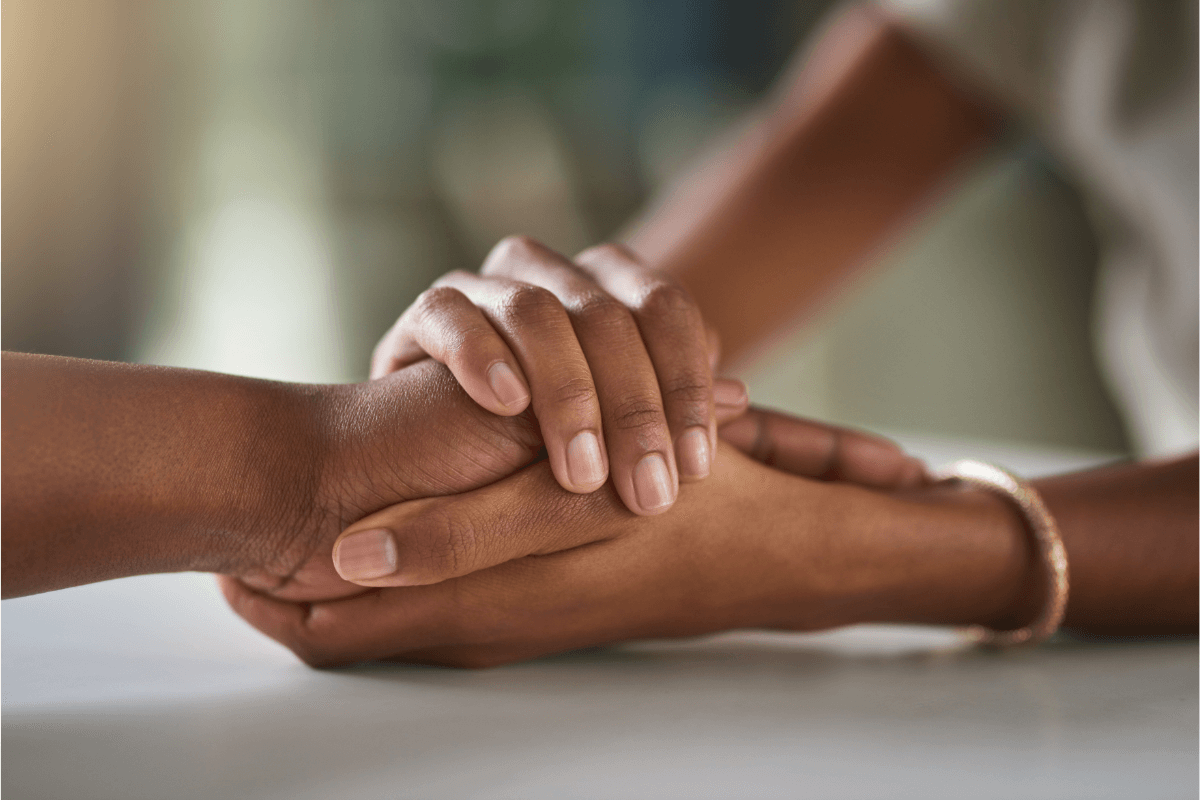Support systems play a fundamental role in helping individuals cope with and recover from PTSD. These connections provide emotional stability, understanding, and encouragement during the healing process. Here’s more information on the role of support systems in overcoming PTSD:
PTSD and Its Impact
PTSD develops after experiencing or witnessing a traumatic event such as combat, accidents, natural disasters, or violence. The condition causes symptoms like flashbacks, nightmares, severe anxiety, and avoiding reminders of the trauma. These symptoms can interfere with work, relationships, and daily activities.
People with PTSD may also experience emotional numbness, angry outbursts, or feel constantly on guard. The disorder affects how the brain processes memories and emotions related to the traumatic event. Without proper support and treatment, these symptoms can worsen over time and lead to other problems like depression or substance use.
Personal Support Systems
Family members and friends form the foundation of personal support systems for people with PTSD. These individuals provide daily emotional support, practical assistance, and a sense of connection. Having people who listen without judgment and offer comfort during difficult moments helps reduce feelings of isolation.
Personal support systems also help with everyday tasks that may feel overwhelming during PTSD recovery. This may include helping with household responsibilities, providing transportation to appointments, or being present during challenging times. Close relationships offer stability and normalcy when trauma recovery feels unpredictable.
Professional and Community Support
Mental health professionals provide specialized treatment for PTSD through therapy approaches. These treatments help people process traumatic memories in a safe environment and develop healthy coping strategies. Community support groups connect people with PTSD to others who have similar experiences. These groups provide a safe space to share feelings, learn from others, and reduce the sense of being alone.
Professional treatment may also include medication management when helpful for managing PTSD symptoms. Mental health professionals can evaluate whether medication may be beneficial and monitor its effects. The combination of therapy, community support, and medication when needed provides a comprehensive approach to trauma recovery.
Networks for Long-term Healing
Building an effective support network takes time and effort, but it provides lasting benefits for PTSD recovery. Start by identifying current supportive relationships and contemplate how to strengthen them. One way to strengthen them is through open communication about needs and boundaries. This helps family and friends understand how to provide helpful support.
Explore community resources like support groups, religious organizations, or volunteer opportunities that align with personal interests. These activities provide chances to connect with others while engaging in meaningful activities. Make sure to maintain professional relationships with mental health providers even after symptoms improve. Regular check-ins help prevent setbacks and provide ongoing guidance for managing stress and life changes.
Schedule Your PTSD Consultation Today
Support systems play a key role in overcoming PTSD by providing emotional comfort, practical assistance, and professional treatment. Personal relationships offer daily support and understanding, while professional treatment addresses specific PTSD symptoms through evidence-based approaches. Community connections help reduce isolation and provide shared experiences with others who understand trauma recovery. If you or someone you care about is struggling with PTSD symptoms, contact a trusted mental health specialist today to schedule a consultation.


Leave a Reply